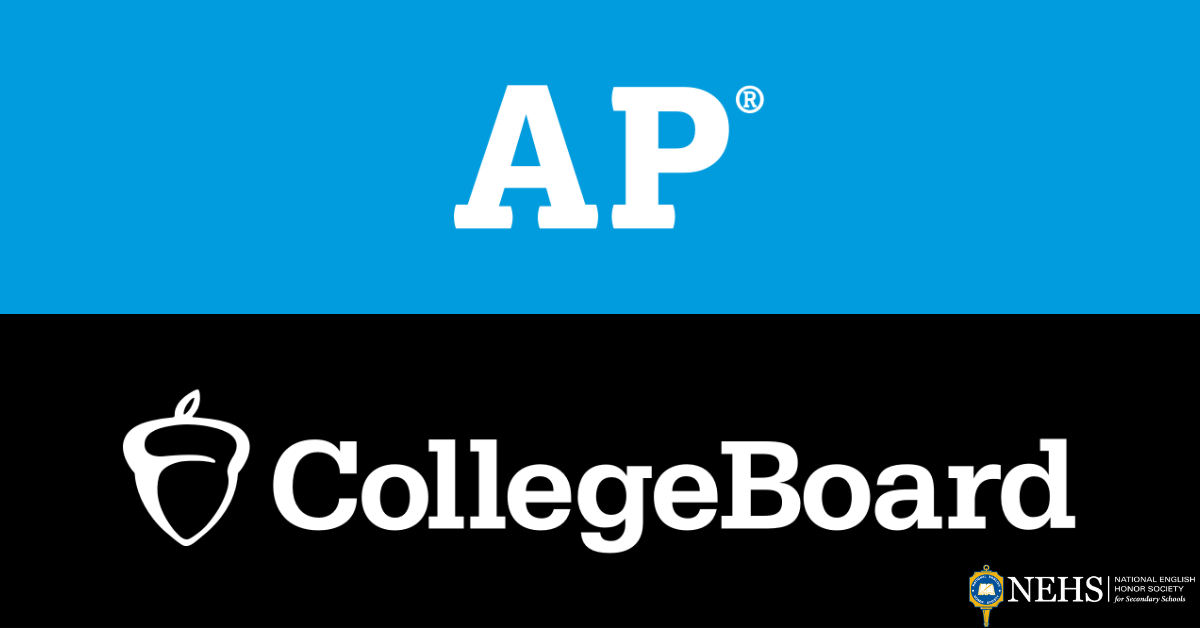Understanding the College Board: What AP Stands For and Why It Matters
The College Board plays a pivotal role in shaping the educational landscape in the United States, particularly through its Advanced Placement (AP) programs. As HR professionals and business leaders increasingly seek to understand the importance of standardized testing and AP courses in the educational development of future employees, it’s essential to delve into the specifics of what the College Board provides and what AP stands for.
At its core, the College Board is a non-profit organization that aims to expand access to higher education. Founded in 1900, the organization has a long history of promoting student success through specific programs and initiatives that empower students from various backgrounds. Most notably, the College Board is responsible for the SAT, a standardized test widely used in college admissions.
However, one of the most significant contributions of the College Board is its Advanced Placement (AP) program – a program that allows high school students to take college-level courses and earn college credit. Understanding what AP stands for is not just about knowing the definition; it’s about recognizing the value it brings to students and educational systems alike.
### What Does AP Stand For?
AP stands for Advanced Placement. AP courses are rigorous, college-level classes offered in high school that culminate in a standardized exam. These courses cover various subjects such as AP Calculus, AP Literature, AP Chemistry, and more. Each course is designed to challenge students and prepare them for the demands of college coursework. By successfully passing an AP exam, students may qualify for college credit or advanced placement in university courses.
### The Importance of AP Courses
The AP program has widespread implications for educational achievement. Here are several key points that highlight the importance of AP courses:
- Enhanced College Readiness: AP courses help students familiarize themselves with the rigor of college-level academic work, making transitions into higher education smoother.
- College Credit: Successfully passing AP exams can lead to college credit, saving students time and money in their higher education pursuits.
- Competitive Advantage: Students who take AP courses often have a competitive edge in college admissions, as these courses signal a student’s willingness to tackle challenges.
- Skill Development: AP courses emphasize critical thinking, analytical reasoning, and problem-solving abilities – skills highly sought after in the workforce.
- Diversity and Access: The College Board is committed to ensuring that all students, regardless of background, have access to AP courses, broadening opportunities for underserved populations.
### The Business Implications of AP Programs
In the context of human resources and business leadership, the implications of the College Board and its AP programs extend beyond academia. Here’s how:
- Talent Pool Development: Understanding that students who partake in AP courses are likely to enter the workforce with a stronger skill set could guide recruitment strategies for businesses.
- Partnership Opportunities: Businesses can partner with educational institutions to create programs that prepare students for the workforce, ensuring graduates possess relevant skills.
- Continuous Learning Education Initiatives: Companies may consider investing in continuous learning and development initiatives for employees similar to the AP model, emphasizing higher learning opportunities.
### Trends and Future Directions
As the educational landscape continues to evolve, so do the offerings and structure of the AP program. Recent changes reflect the increasing focus on equity and accessibility. The College Board has made strides in reaching a broader demographic, which will have significant ramifications for the future workforce. According to recent reports, the growth of online AP classes, including those offered by the College Board, means that more students than ever can benefit from these programs regardless of their geographical location.
In recent updates, the College Board has also taken steps to enhance digital learning tools which will bolster the AP experience. For instance, their commitment to providing additional resources for teachers and students via online platforms equips all participants with tools necessary for success.
This adaptability is crucial for future job markets, as companies increasingly value educational innovation and a workforce adept at navigating digital environments.
### Conclusion
In summary, the College Board and its AP programs represent far more than a pathway to college credit. They are a crucial element in preparing students for future success and impacting the workforce positively. As HR professionals and business leaders, recognizing the significance of these programs enables more effective talent acquisition strategies and fosters an appreciation for the rigorous academic backgrounds many candidates present. To further explore what AP stands for and its implications, visit this insightful article.








